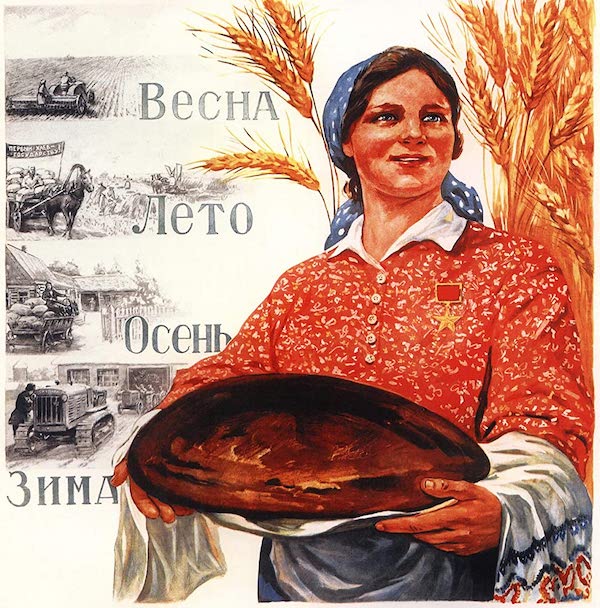This week we’re recommending three podcasts that we’ve enjoyed and been inspired by over the winter.

Farmarama is a podcast dedicated to regenerative farming which they define as “taking a more ecological approach, observing the natural ecosystems on a particular plot of land and working with them in a way that recognises the place of people within nature, not outside it.”
Their 2019 six-part series Cereal is incredibly inspiring and eye-opening, examining the industrialisation of bread making over the 20th century and subsequent reduction in quality. It also highlights the great efforts of small scale farmers and bakers to resist this trend and revive long forgotten grains and bring back quality healthy bread.
Since listening to and being inspired by the stories in the podcast we’ve started connecting with local farmers and millers and have been baking with a number of heritage grains. The results have been very pleasing and we plan to offer them for sale in the near future, ensuring Loaf is fully engaged with the local grain economy.

Slow Rise: A Bread-Making Adventure came recommended by Sian, one of our regular customers. It’s a classic Radio 4 book reading by a proper theatre actor – warm and cosy, like listening to a kindly grandfather in a potting shed.
Robert Penn embodies a self-effacing curiosity about how fundamental things work, and here decides to grow wheat from seed to make his own bread, along the way researching the history of bread-making from the dawn of civilisation to the industrial processes of today and meeting with breadmakers across the world. Best of all, it’s in 15 minute sections, perfect for a brief stroll or while kneading your dough. Lovely stuff.
(His previous books are about wood carving and cycling, so he’s evidently doing a tour of Stirchley High Street. Expect the next to be on fudge or plumbing.)

We talk about Loaf being a “workers cooperative”, but what does that mean? This two-parter from Upstream is a great introduction to the concept, why it appeals and how it works, socially, economically and politically. It manages to balance the invigorating rabble-rousing theories of the likes of Richard Wolff with sober analysis and case studies of actual co-ops on the ground. Entertaining and inspiring and highly recommended.
